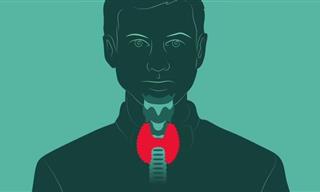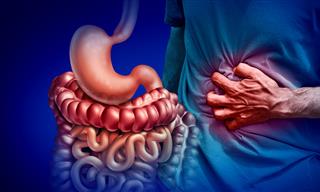One matter that keeps confusing coffee drinkers around the world is this, “Is coffee beneficial or harmful for the heart?” For those in the loop, you may be aware that in the past people suffering from cardiovascular issues were told to stay away from caffeinated beverages. But the more studies researching this age-old question emerge, researchers and medical experts come to realize that drinking coffee is actually good for the heart.
A large-scale research article published in the September 2022 issue of the European Journal of Preventive Cardiology says bolder than any other previous study - if you only drink one cup of coffee a day, consider increasing your intake to have a healthier heart and reduce your general risk of mortality.
Why is this study important?

In terms of nutrition research, this observational study is massive, as it followed 449,563 adults in the age range of 40-69 years old for 12.5 consecutive years. The study aimed to establish the health benefits and potential risks of coffee once and for all.
Depending on their average coffee intake, participants were divided into several groups:
- Non-coffee drinkers
- Those who have less than 1 cup a day
- 1 cup a day
- 2-3 cups a day
- 4-5 cups a day
- More than 5 cups a day.
Furthermore, the type of coffee was taken into account. The participants filled out questionnaires that asked them to choose not only the amount they drink a day, but also the kind of coffee they have (decaf, instant, or ground coffee). This is important because different types of coffee and brewing methods yield either a stronger or a weaker coffee. For comparison, 1 cup (8 oz or 230 ml) of brewed coffee can contain between 70-140 mg of caffeine (a huge difference!) depending on the brewing method.
What did the study find?
Most generally, the results of the observational study are that coffee is beneficial for heart health and lowers the risk of mortality. So, if you enjoy a cup or two of coffee every day, you now know that you’re taking care of your heart while you drink the energizing beverage.
After adjusting for other risk factors for cardiovascular health (diabetes, high blood pressure, smoking, alcohol, etc.), it became clear that drinking more than one cup of coffee yields greater benefits. The participants who have 2-3 cups of coffee had a lower risk of mortality compared to non-coffee drinkers.
The type of coffee seems to matter too. Ground coffee came with the greatest benefit - a 27% decreased risk of death. Decaf and instant coffee had a more moderate but still positive effect - 14% and 11% lower risk of mortality respectively.

As for cardiovascular disease (which includes heart failure, stroke, and coronary heart disease), people who drink 2-3 cups of ground coffee daily again experienced the highest risk reduction (20%). Those who have 2-3 cups of instant coffee had a 9% lower risk of cardiovascular disease, and those who favor decaf - only 6%.
The study also observed a reduction in arrhythmia (irregular heartbeat), but only in participants who drank 4-5 cups of ground or instant coffee. Those who drink decaf experienced no reduction in the risk of arrhythmia.
Related article: 11 Surprising Facts About Coffee
Previous studies agree - coffee is healthy
Consumed within reason, coffee is associated with many beneficial health effects, such as the prevention of type 2 diabetes, increased alertness, better cognition, higher productivity, and improved athletic performance. Those who drink moderate amounts of coffee are also known to have a lower incidence of dementia, Alzheimer's, Parkinson’s, fatty liver disease, and metabolic syndrome.

But what does “moderate consumption” mean? According to prominent health organizations, such as the American Heart Association, adults can safely enjoy up to 400 milligrams of caffeine each day, which is about 3-4 cups of coffee. To give you some perspective, an average 8 oz cup of brewed coffee has around 96 mg of caffeine, and a 1 oz shot of espresso contains 64 mg of the stuff.
The moment you increase your caffeine beyond 400 mg a day, the adverse effects, such as a racing heart and cardiovascular issues start to kick in. It also needs to be said that people who already suffer from cardiovascular issues may be more sensitive to caffeine. Thus, they should consult a doctor before increasing or including caffeine in their diet.
Last but not least, please keep in mind that adding lots of creamer and sugar to your coffee will turn it into a less-than-healthy drink. Ideally, you should drink pure brewed coffee, with little to no additives.
The bottom line is, don’t feel guilty for drinking several cups of coffee every day. As long as you drink 4 or fewer cups, you’ll be safe. Moreover, you’ll probably be able to reduce your risk of cardiac issues too.
H/T: Huffpost.com
 Go to BabaMail
Go to BabaMail




























